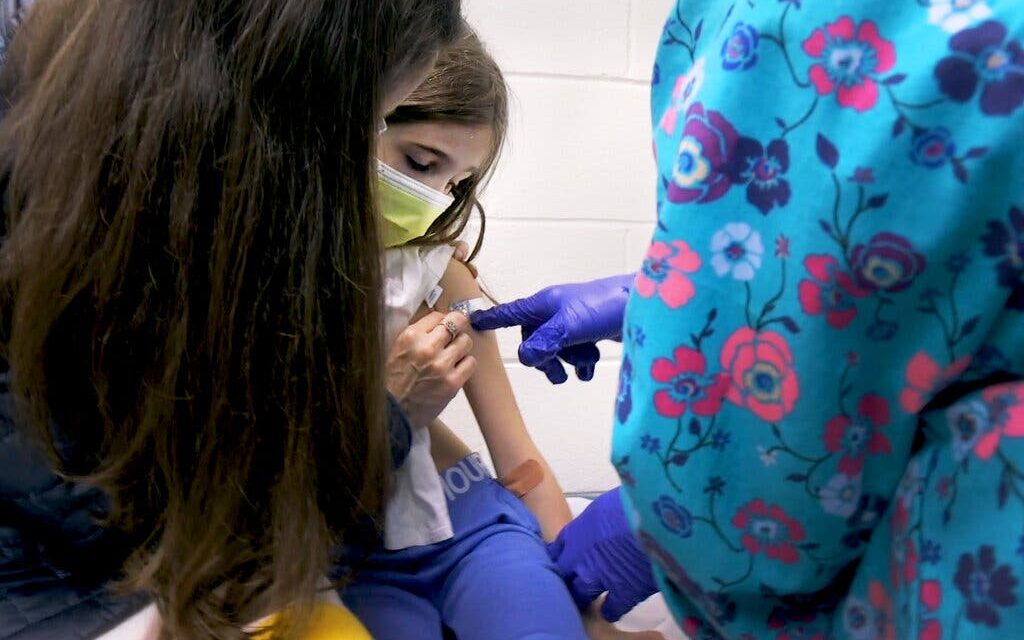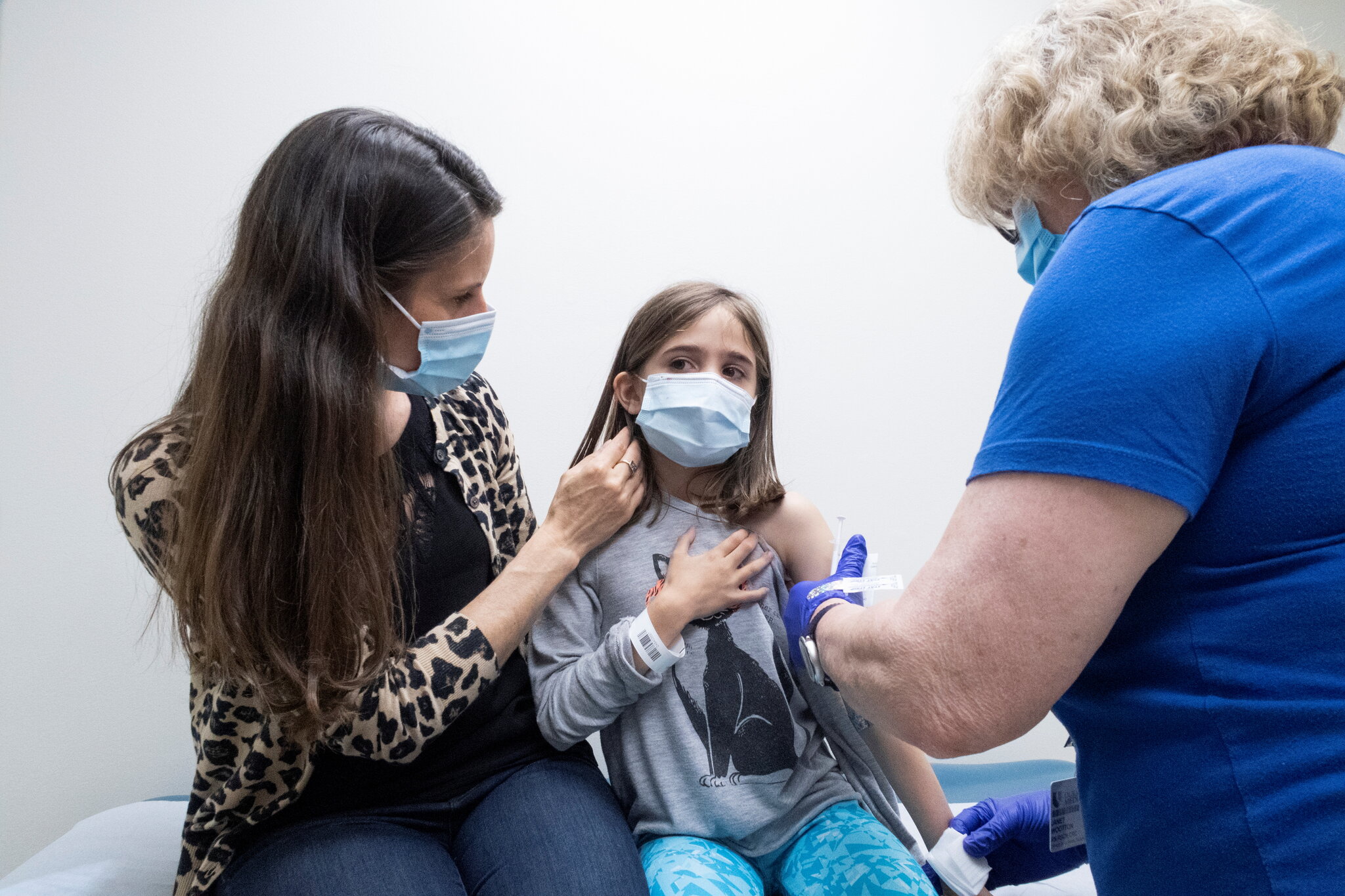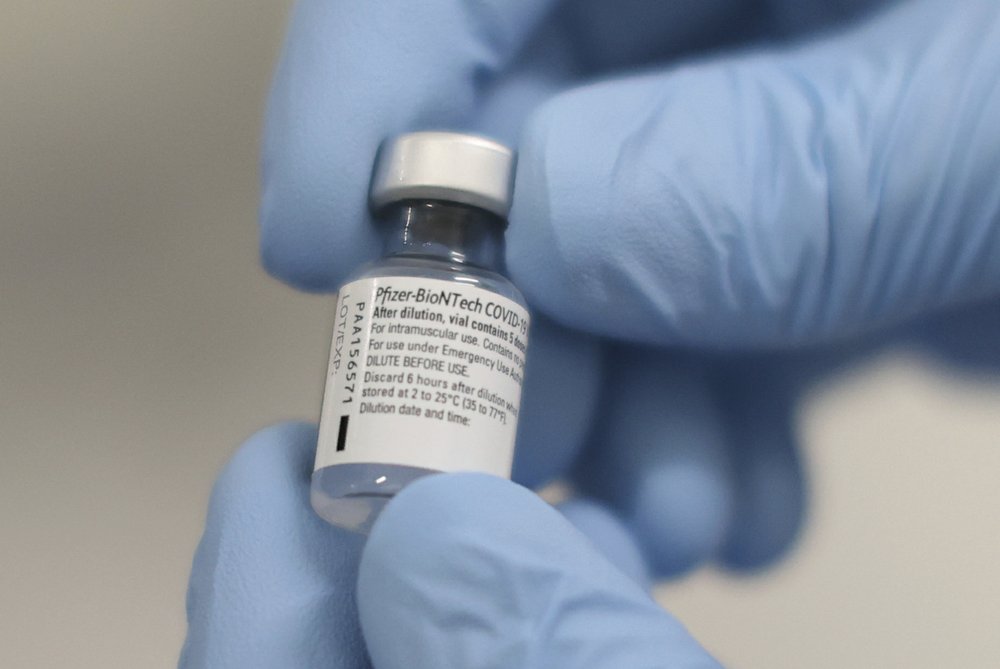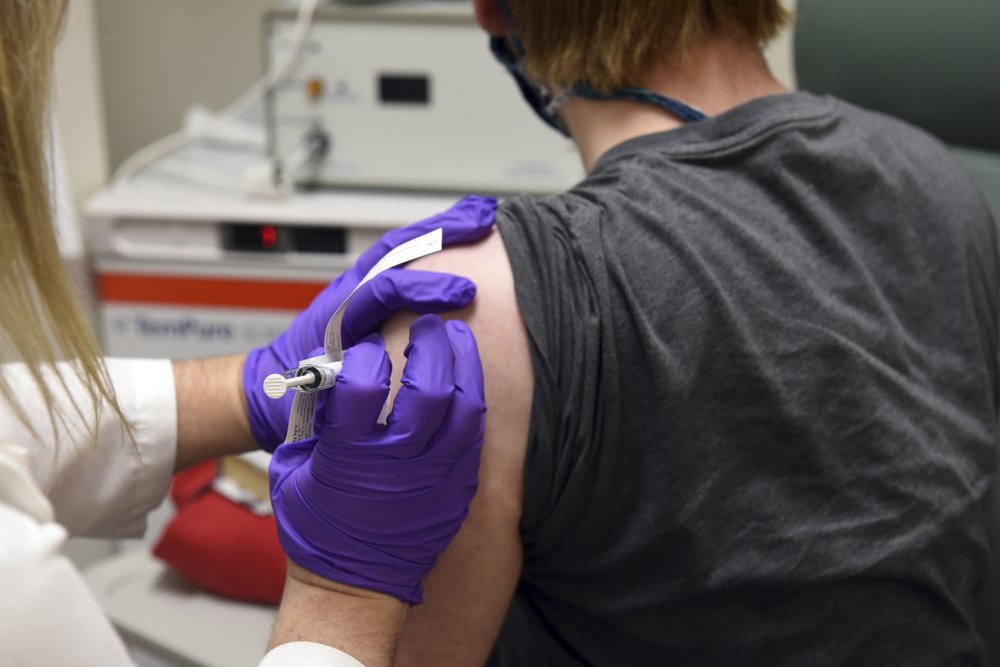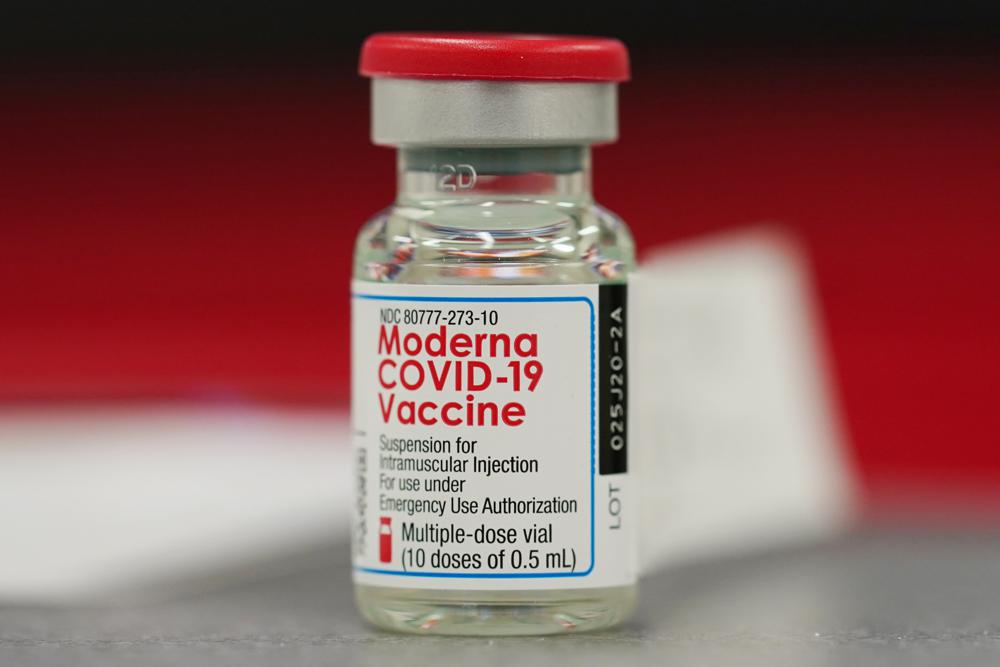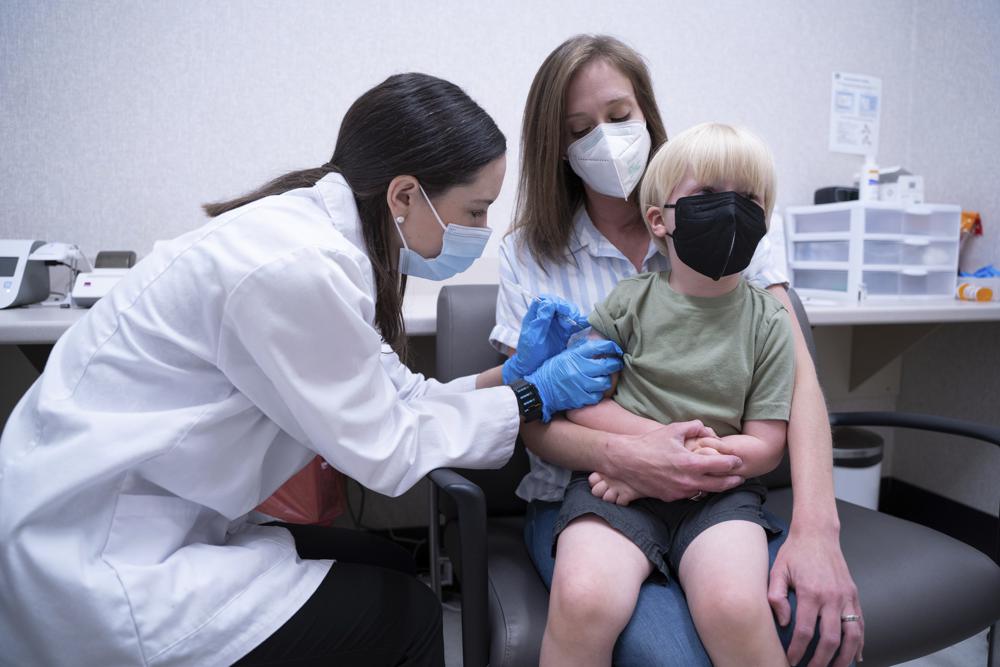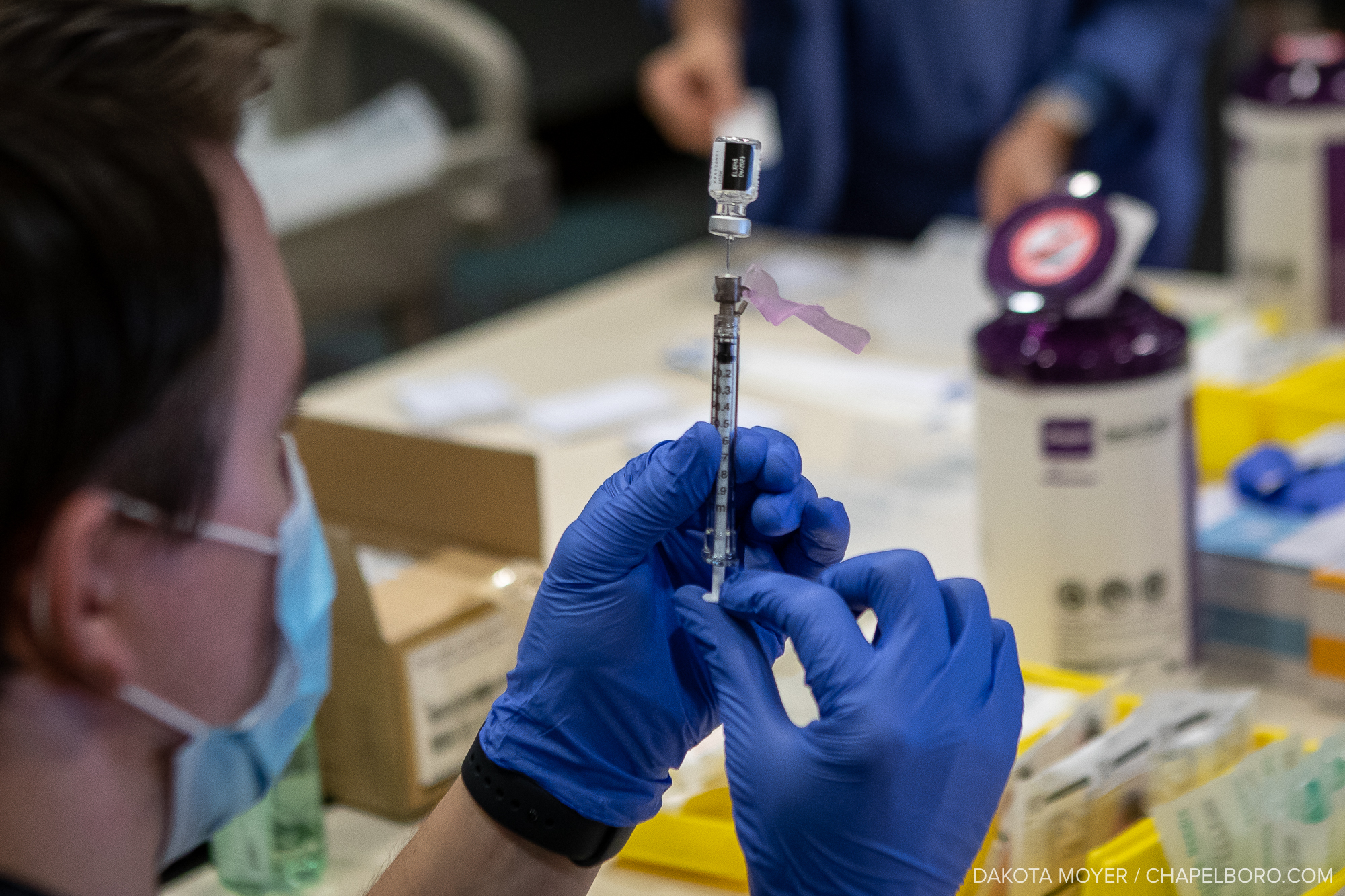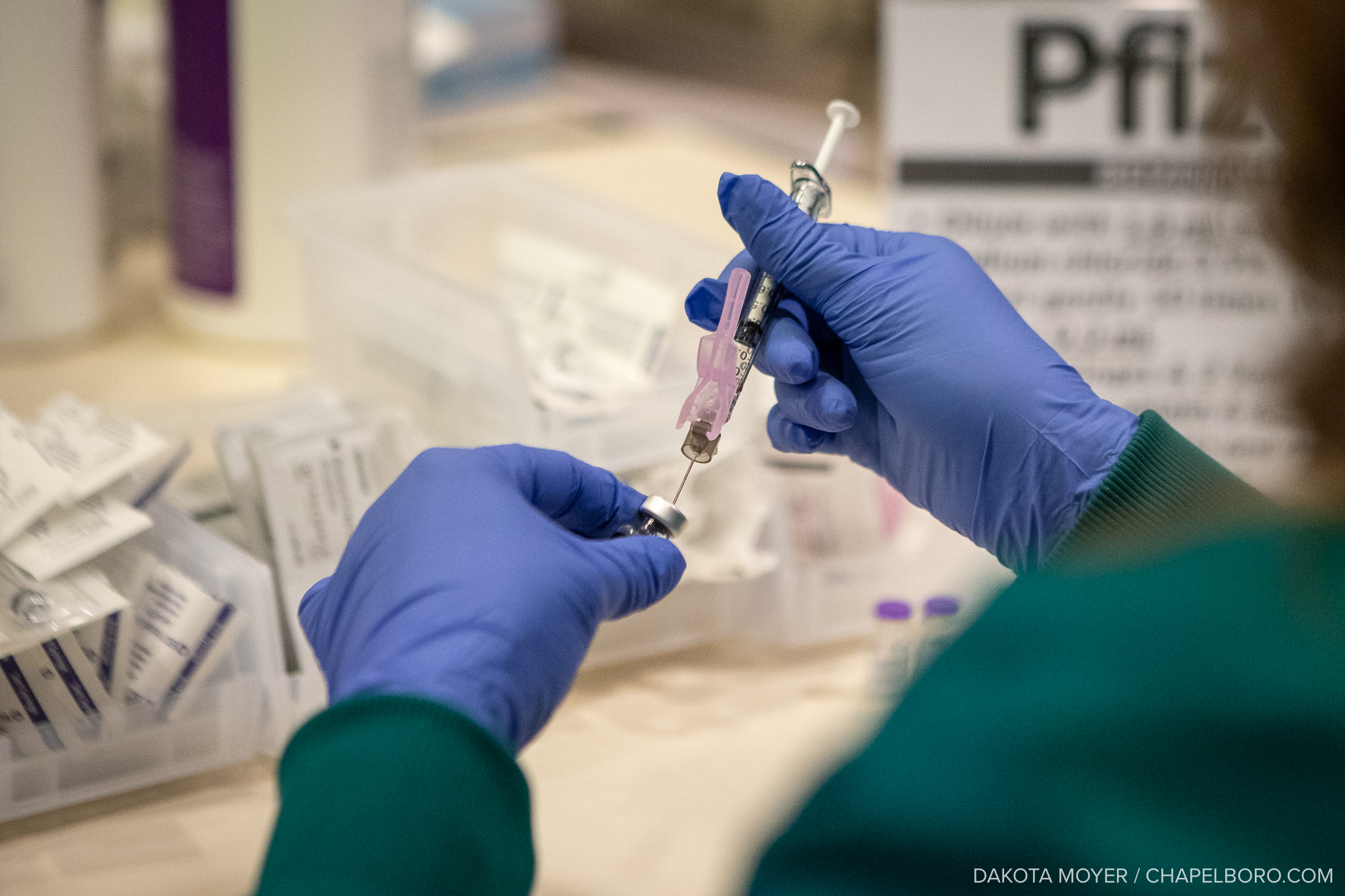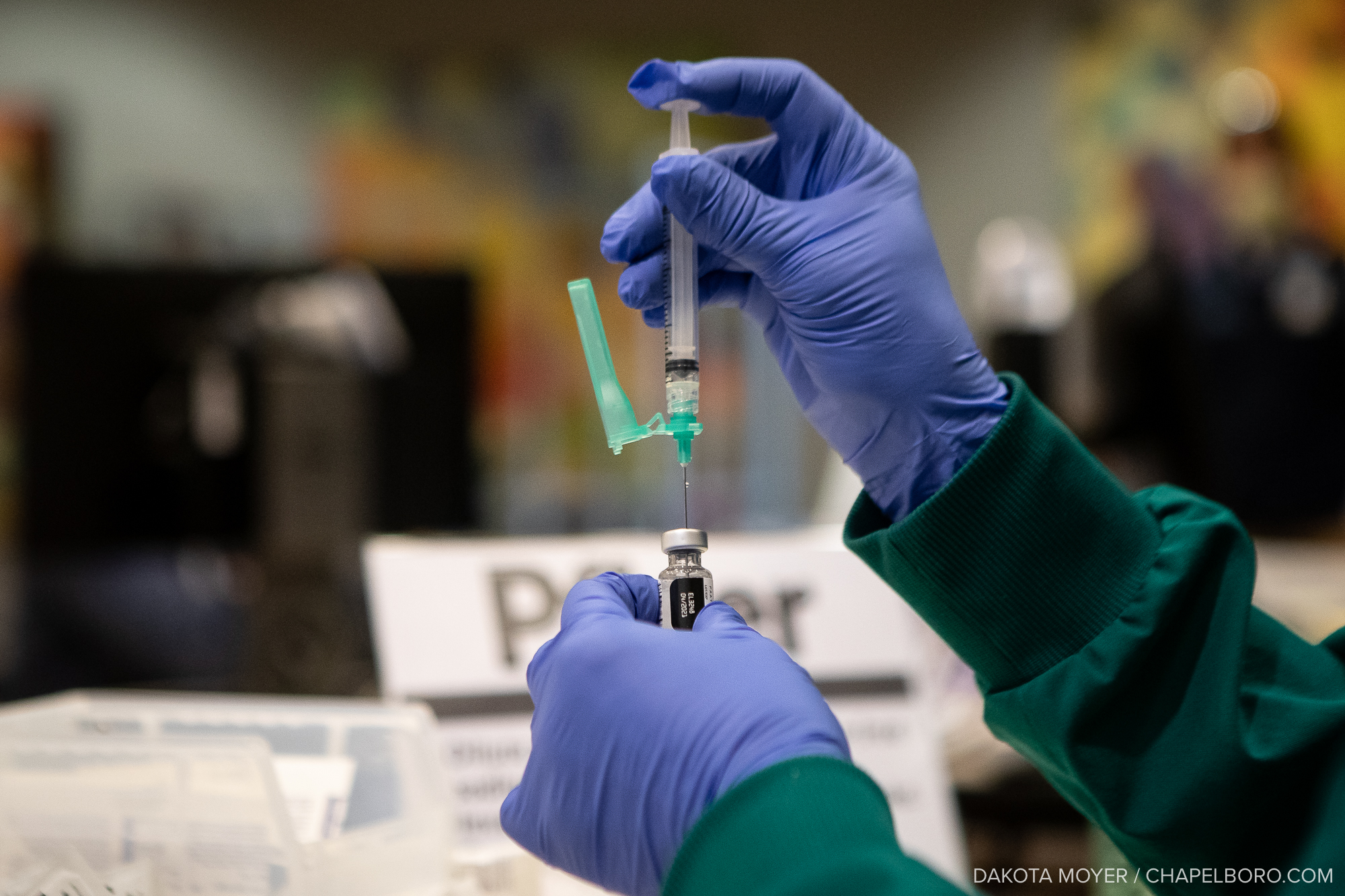After months of clinical studies, federal regulators are poised to approve a COVID-19 vaccine for young children. This week, a panel of independent advisers to the Food and Drug Administration (FDA) recommended that the agency issue an emergency use authorization for the Pfizer-BioNTech vaccine for 5 to 11-year-olds.
The committee’s recommendation comes as more than 1.9 million COVID cases have been reported among children ages 5-11, with approximately 8,300 children hospitalized according to federal data.
If the FDA follows its advisory panel’s recommendation, and the Centers for Disease Control and Prevention agrees, a vaccine authorization could come within a matter of days. The vote was 17-0 in favor, with one abstention. The specialty committee convened after clinical trial results detailing the efficacy of the Pfizer vaccine in young children were released in late September.
Vaccine trials included 4,500 children overall, with 3,000 5 to 11-year-olds receiving the COVID vaccine and 1,500 receiving a placebo. Of those who received the vaccine, Pfizer reports that it proved to be 90.7 percent effective in preventing symptomatic infection.
Part of these trials were conducted right here in North Carolina at Duke. Dr. Emmanuel Walter Jr. is a pediatrician and the chief medical officer of the Duke Human Vaccine Institute, where he directs the Duke Vaccine and Trials Unit.
“I think if you look at the population as a whole and consider that children account for roughly 20 percent of the population, getting as many children vaccinated as possible will lead to overall population protection,” Walter said.
After vaccine trials started in March, Walter said the main purpose of the study was to determine the best dosage for the country’s youngest populations. The newly recommended dose by Pfizer and the FDA’s advisory committee is 10 micrograms, which is a third of the adult dose.
Walter said teams across the country evaluated 30 different doses to determine which would create the best immune response with the fewest adverse side effects in younger children.
“What we knew is that the responses in the older children equated to a level of protection,” Walter said. “So, we wanted to determine whether younger children given a lower dose of vaccine had the same degree of protection as the older children. It’s called an immune-bridging study. And that’s often done in vaccine studies.”
Outside of being a reduced dose, the Pfizer vaccine for 5 to 11-year-olds will be identical to the one currently available for adults. It will, however, have different color-coded packaging to reduce the risk of mix-ups during the administration process.
“I think the current vaccine has a purple cap on the vial,” Walter said. “This one will have an orange cap on the vial, and it will be labeled that it will be just for children. So, the adult dose should not be used for children. This is specifically for children, but it really is the same vaccine at a reduced dose.”
Young children will also still receive two doses of the Pfizer vaccine three weeks apart.
Both Walter and FDA scientists determined that benefits of inoculating children against COVID-19 heavily the outweighed risks of the most worrisome side effects. Side effects like Myocarditis, which is the inflammation of the heart muscle or Pericarditis which is inflammation around the heart. Walter said both these conditions are extremely rare.
“It’s more commonly seen in males, particularly young males between the ages of 16 to 30,” Walter said. “The rate in that particular group is about 40 per million second doses of COVID vaccine received.”
While these rare heart conditions are linked to the mRNA COVID vaccines, Walter said children are more likely develop a more severe case of Myocarditis from complications if they contract the virus. He said none of the children involved in Pfizer’s clinical trial developed either heart condition.
Even as the percent of positive COVID cases and hospitalizations are trending downward in the state, Walter said COVID-19 infection is still a pressing issue for children, especially amid the delta variant.
“We do need to realize that with this current delta surge, children now account for about 25 percent of reported cases of COVID,” Walter said. “We have to be able to afford children the same protection from COVID through vaccination that we afford to adults. I think that is the right thing to do.”
Lead photo via Shawn Rocco/Duke Health.
Chapelboro.com does not charge subscription fees. You can support local journalism and our mission to serve the community. Contribute today – every single dollar matters.

